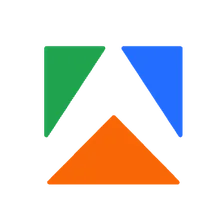Enrich your results with detailed contact and company information, including employee names, job titles, emails, phone numbers, LinkedIn profiles, and key company data like industry and number of employees.
This setting allows you to set the maximum number of leads records you want to scrape per each domain found. By default, it's set to 0 which means that no leads information will be scraped.
⚠️ Note that some of the fields contain personal data. GDPR protects personal data in the European Union and by other regulations around the world. You should not scrape personal data unless you have a legitimate reason to do so. If you're unsure whether your use case is legitimate, please consult an attorney.
To keep your leads relevant, we automatically filter out large chains and online platforms (e.g., social media, retail giants, food delivery services).
⚠️ Cost warning: This is a multiplier. Requesting 10 leads for 1,000 domains will attempt to find 10,000 total leads. You are only charged for leads successfully found.


